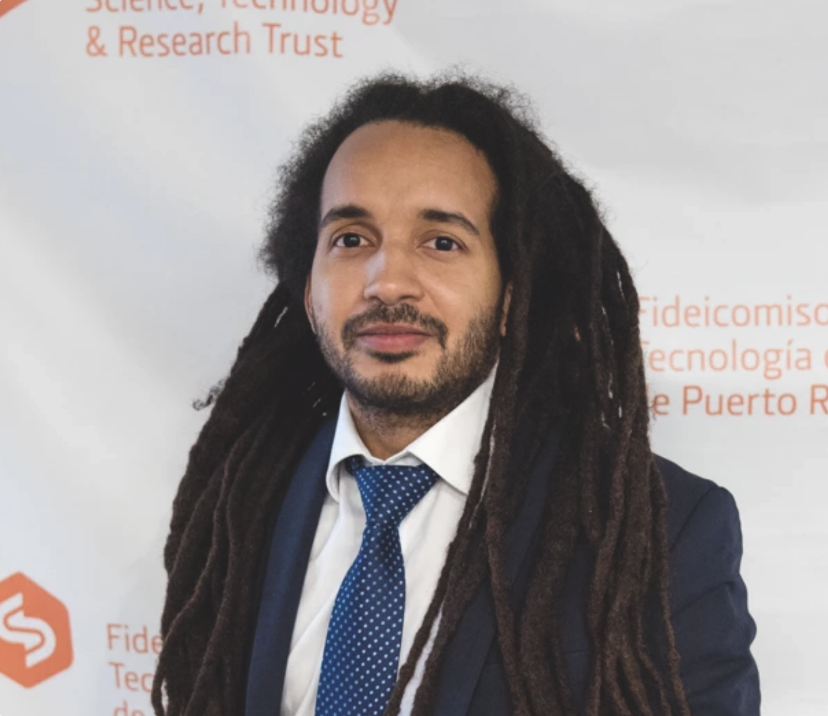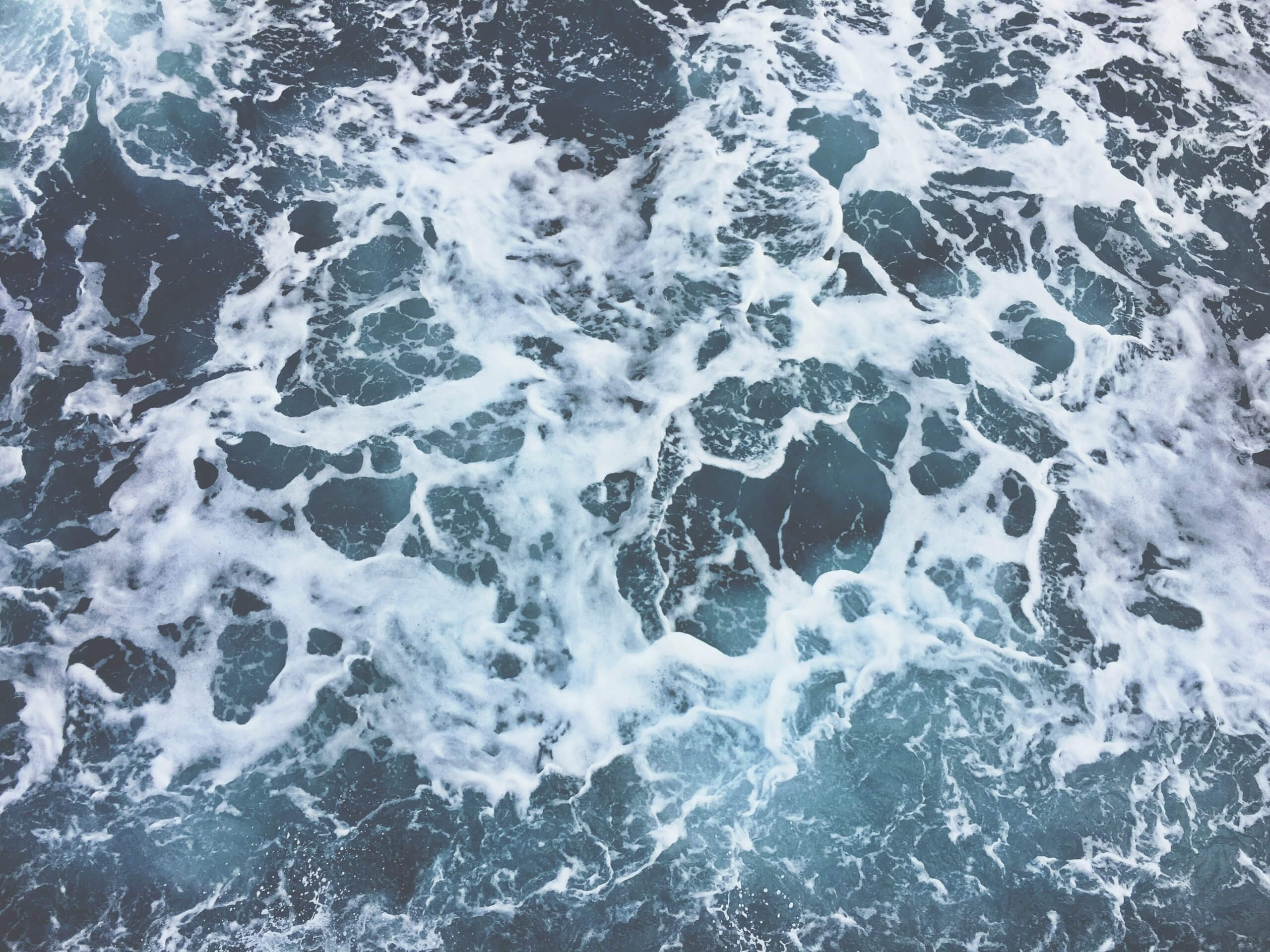On Tuesday, June 20, 2017, the Joint Ocean Commission Initiative (JOCI) held a Capitol Hill briefing titled ‘An Ocean Agenda for Congress’. The event brought together an eminent group of panelists to speak to opportunities for Congress on ocean issues—from infrastructure to economic development to environmental protection—and drew on JOCI’s efforts over the past several years to develop their Ocean Action Agenda with recommendations to the White House and Congress for improving the management of our ocean, coasts, and Great Lakes.
Laura Cantral moderated the briefing, and is the project lead for JOCI, as well as a skilled facilitator and mediator at the Meridian Institute, which focuses on collaborative problem solving, stakeholder engagement, conflict mediation, and consensus building for complex societal issues. The Meridian Institute has been the institutional home for JOCI since 2005, upon conclusion of formal efforts of the U.S. Commission on Ocean Policy and the Pew Oceans Commission.
Laura has been a force in U.S. ocean policy for more than two decades, convening policy, stakeholder, and science communities to ensure that ocean issues reach the national agenda in robust and transformative ways at the highest levels of government, including the touchstone report from the U.S. Commission on Ocean Policy—An Ocean Blueprint for the 21st Century.
COMPASS caught up with Laura a few weeks ago to learn more about the Ocean Action Agenda, in particular the role that scientists played in its development and recommendations, and to hear more about her experiences working at the boundaries of policy and diverse stakeholder interests.
Tell us more about the Ocean Action Agenda (OAA), and how it was developed.
It’s a report to the Administration and Congress that contains recommendations about priority issues and concerns that need to be addressed to protect ocean health and ensure that oceans are able to deliver what people need and want. To produce this report, JOCI went around the country over two years – East Coast, West Coast, Arctic, the Gulf – to do roundtables and talk about priority issues and what these communities think needs to be done. And also what they’re doing in their regions that might translate to other parts of the country, or roll up to a national response.
We think the time is right to deliver a package of recommendations like this, and it was built from the ground up. We went to real people in real places – all kinds of perspectives, from business, to science, to ocean leaders – and asked them what they thought, and really faithfully put that into the OAA.
The other thing we’re proud of is that we have recommendations that we think are important and doable, and we’ve also included a number of stories, over 30 stories, that we collected as we went around the country and heard from real people, real places, real problems, and we think those stories capture what’s impacting people’s lives. Healthy oceans and healthy economies go hand in hand.
What was the role of science and scientists in this process?
OAA is intended to be a resource for everyone who works on and cares about these issues, including scientists, who can use this as a resource to help further their work.
The role of science is critical to all the work that we do as JOCI, and reflecting that, we have leading science expertise on our Council, and they bring their perspective and their leadership to this effort. They helped us shape each of these convenings and the process overall, and the final content of the OAA. They helped think through who’d be the right science experts to bring to the roundtables, and the other fact-finding and background work of engaging with experts, whether they wound up at that roundtable or not. For example, we tapped into the intellectual resources of the University of Alaska to make sure we understood the science landscape and the needs in the Arctic.
What surprised you as you were developing this report?
I think one of the things that I wasn’t expecting to the degree that we experienced it, was the level and intensity of concern that all the people coming to these roundtables were expressing. We had six of these roundtables, and worked hard to have a good cross-section of leaders and experts at the table for these discussions, but for each one, we had really avid interest. People came, and participated, and were candid about their concerns, and that really came through. We learned a lot as we traveled around for nearly two years, doing these roundtables. I had the honor of getting to go and hear what people were saying across the country.
What struck me the most was that even though the geographies and kinds of problems people were coping with were different, the underlying fact that the oceans are changing rapidly and dramatically in ways that are currently outpacing our ability to understand was a common thread woven through all the stories and all the recommendations.
I think the COMPASS audience realizes this, but we need to have the scientific insight and data to come up with appropriate ways to understand this change. And it’s really important also to help our leaders to comprehend the close connection between science and policy, and to communicate about science and policy in a way that is understandable. That’s part of what we’re here to do, much like COMPASS.
What’s your why (what motivates you)?
I’ve been in the ocean policy community for a long time. Before joining Meridian, I was with the U.S. Commission on Ocean Policy. I’ve been with JOCI since before the beginning, and it’s an honor and privilege to couple my collaborative problem-solving expertise with ocean policy and deliver those services to groups working with challenging issues. That’s the sweet spot, it keeps me motivated and excited. I believe in the process, and the value of the outcomes, and I want healthy oceans for our future.



